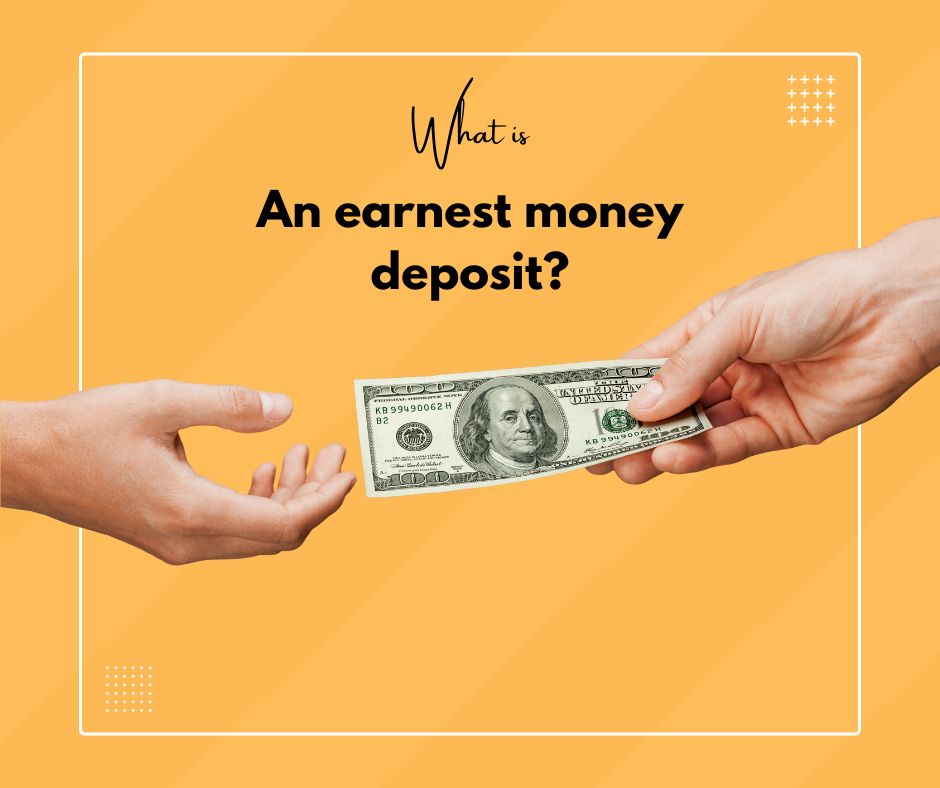
I’m glad you asked!
Earnest Money Explained
Earnest money is considered to be a good-faith deposit. It shows the home seller that the home buyer is serious about purchasing their property. The amount is typically held in escrow until closing. Here is an example.
Let’s say you found your perfect home and want to buy. While meeting with your real estate agent, you fill out the purchase and sale agreement. It has a section titled “earnest money.” In this section, you fill in $5,000 (1% is typical in Western Washington). The seller agrees to your terms. Within the allotted time, you deposi it for $500,000t the earnest money check into an escrow account.
What does this mean?
This money shows the seller you are serious. If you violate the contract in any way, they can have the deal unrolled and that money belongs to them. It’s automatic since you already deposited into an account. So don’t break the contract and ensure your inspection and financing contingencies are in place!
Key points about earnest money
- Usually 1-3% of the purchase price
- Protects seller from wasting valuable time
- Is refundable under certain circumstances
What are those circumstances?
The two biggies are the inspection and financing contingencies.
To make these simple:
- You have an inspection and discover the house has termites, a natural gas leak, the roof is shot, and you don’t like the neighbors.
- The underwriter is looking into your finances and discovers you bought a Lamborgini fifteen minutes ago.
In both cases, the contract could be canceled, and your earnest money should be returned.
How is Earnest Money Handled?
The earnest money must be deposited with the closing agent within an allotted time. This is Escrow in most states. Simple put:
Escrow creates an account that handles all money in a transaction. Buyers deposit money into escrow, and the seller gets paid through escrow. Even real estate agents get paid through escrow. The same goes for lenders. This keeps things clean. Never hand your realtor a check to deposit in their bank account or cash. This is called “commingling, ” and it’s a big no-no.
There are exceptions to this such as when the buyers hire an inspector to check out the house or if they want a survey done. That is an agreement between the seller and the person they hired. The money has nothing to do with the seller so it isn’t done through escrow.
What Happens to Earnest Money When the Deal is Closed?
That is up to the buyers. They will instruct escrow on how to handle the money. It can go towards closing costs, down payment on the property, or back to the buyer. It’s their call.
One thing I left out was after depositing earnest money, a receipt should be given for your records. You want to have this in your file. The big thing to ensure your real estate agent and mortgage lender have a copy of it.
That’s pretty much it!
In Conclusion
Earnest money is a way to show the seller that a buyer is serious about purchasing their home.
Let me know if you have any questions or would like to talk real estate 👇
Fill out this form or call/text 360-510-8765


 Facebook
Facebook
 X
X
 Pinterest
Pinterest
 Copy Link
Copy Link